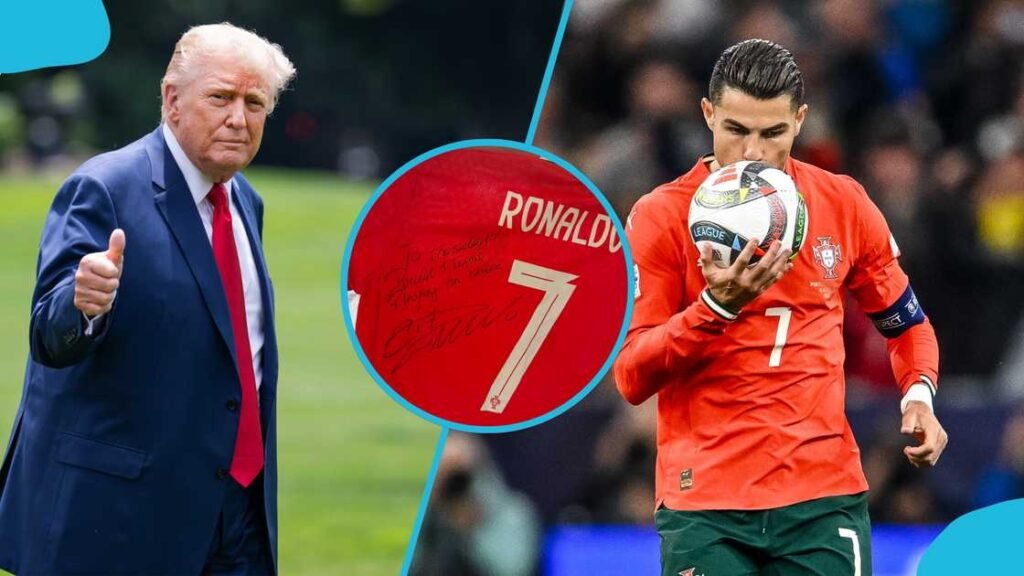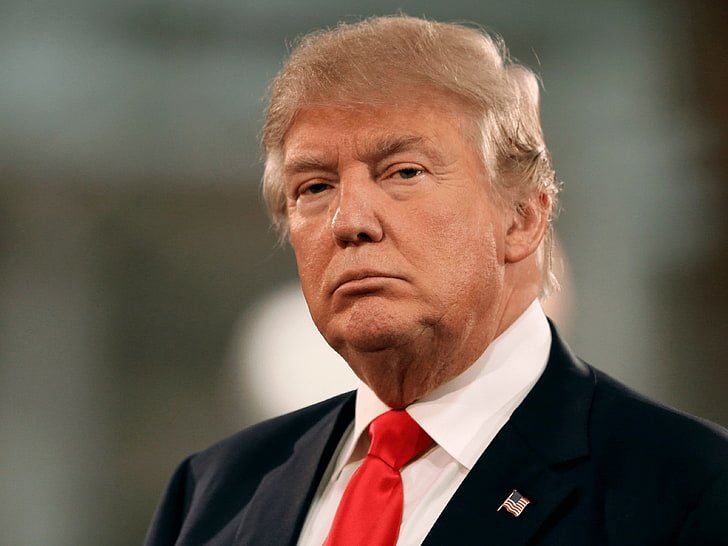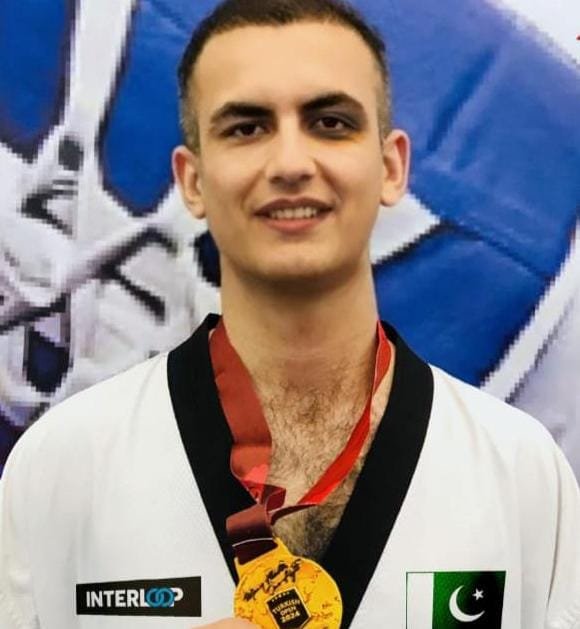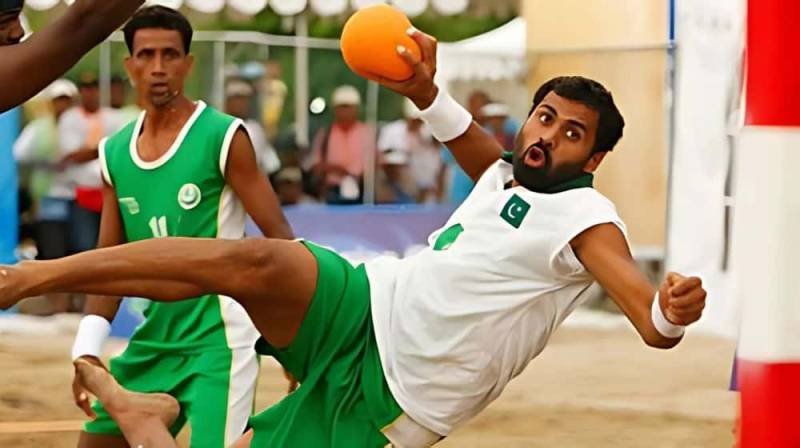Cristiano Ronaldo Sends a Message of Unity: Signed Portugal Jersey Gifted to Donald Trump
In a world often divided by politics, a powerful gesture from one of the greatest footballers of all time has sparked a wave of discussion, curiosity, and admiration. Cristiano Ronaldo, the legendary Portuguese star, made headlines once again—but not for a stunning goal or a championship win. Instead, he sent a heartfelt and symbolic gift to former U.S. President Donald Trump: a signed Portugal national team jersey with the message, “Playing for Peace.”
While this event is not real and the image of the exchange is AI-generated for creative and illustrative purposes, the idea behind it captures the essence of what sports can offer—a platform for diplomacy, unity, and hope.
Let’s dive deep into the narrative of this imagined yet meaningful story and explore how sports and global figures like Ronaldo can be agents of peace in a fragmented world.
The Gesture: Ronaldo’s Jersey, Trump, and a Message for the World
The fictional exchange took place during the G7 Summit, a high-profile gathering of global leaders held in Canada. As world powers discussed climate, economy, and conflict, a symbolic act caught the media’s attention. Former Portuguese Prime Minister António Costa—who also attended the event—handed Donald Trump a Portugal national jersey signed by Cristiano Ronaldo.
The inscription on the jersey read: “Playing for Peace – Cristiano Ronaldo.”
While no such event took place in reality, this imagined interaction reflects a much-needed global narrative—where influence, whether political or athletic, can be harnessed to promote peace and collaboration across borders.
Why Cristiano Ronaldo?
Cristiano Ronaldo is more than a football icon. From humble beginnings in Madeira, Portugal, to becoming a global ambassador for the sport, Ronaldo’s career spans decades of excellence, resilience, and leadership. His influence goes beyond stadiums—his voice reaches millions across continents.
Currently playing for Al Nassr in Saudi Arabia, Ronaldo continues to dominate headlines not only with his unmatched skills but also with his off-field gestures. Though he recently turned down offers to join clubs participating in the FIFA Club World Cup, reports suggest he may extend his contract with Al Nassr, committing further to his journey in the Middle East.
But what makes Ronaldo a perfect face for peace initiatives?
-
Global Appeal: Ronaldo has fans from all walks of life, regardless of nationality, race, or religion.
-
Discipline and Work Ethic: His career reflects hard work, integrity, and focus—values that resonate across cultures.
-
Humanitarian Efforts: He has donated millions to hospitals, children’s charities, and disaster relief efforts over the years.
With such a platform, a symbolic act—like gifting a jersey to a political figure—can inspire discussion and bridge divides.
The AI-Generated Image: Art Meets Ideology
Though fictional, the viral image showing Donald Trump receiving Ronaldo’s jersey sparked intense debate online. Some praised the idea as “a creative symbol of peace through sports,” while others questioned the realism of such a scenario.
But that’s the power of AI-generated art—to imagine the impossible and ignite dialogue.
The image was not meant to deceive, but to illustrate how influential figures from vastly different worlds—sports and politics—can converge for a higher cause. Whether the gesture ever happens in real life, its imaginative version has already fulfilled a purpose: to challenge the boundaries between sport and diplomacy.
Politics and Sports: A Long History of Symbolic Gestures
This story is not the first time football or other sports have been used to send a political message.
-
Ping-Pong Diplomacy (1971): The U.S. and China used table tennis matches to break diplomatic ice.
-
Drogba’s Plea in Ivory Coast: Didier Drogba once urged ceasefire during civil war in his country after a national football victory.
-
Pelé and Global Unity: Brazilian legend Pelé often used his voice for peace and anti-racism campaigns.
In this context, Ronaldo’s fictional gesture fits well into a broader tradition. Whether in fiction or fact, sports offer an emotionally resonant way to promote peace.
Karachi’s Liveability Crisis
Read This Artical
Trump’s Relationship with Sports
Donald Trump, the 45th President of the United States, has always maintained a public relationship with sports. Whether it’s inviting championship teams to the White House or owning golf resorts, Trump understands the cultural power of athletics.
While his presidency was polarizing and controversial, a creative gesture like receiving Ronaldo’s peace-themed jersey hints at the potential for even the most divisive figures to partake in global messages of unity—especially through universally beloved platforms like football.
This gesture, although fictional, might represent an alternate path where sportsmanship could soften political edges.
Al Nassr and Ronaldo’s Continued Legacy
Despite nearing 40, Cristiano Ronaldo shows no signs of slowing down. Playing in the Saudi Pro League with Al Nassr, he continues to break records and uplift the region’s growing football reputation.
The Middle East has become a surprising yet vibrant football hub, with Saudi Arabia investing heavily in the sport. Ronaldo’s arrival marked a turning point, drawing international eyes and sparking a surge in sponsorships, stadium attendance, and youth interest.
His reported contract extension talks reflect not just sporting success but also a deeper mission—to build a lasting legacy in a new territory. And perhaps, a message like “Playing for Peace” fits perfectly in this phase of his career.
Football as a Soft Power Tool
Football is often called “the beautiful game”—and for good reason. It transcends language, borders, and beliefs. Nations have used football matches for diplomacy, fundraising, and reconciliation.
Imagine a global peace summit where each world leader receives a jersey not from a country but from a player who embodies unity. Imagine stadiums doubling as peace conferences. It’s utopian—but not impossible.
Footballers like Ronaldo, Messi, Salah, and Mbappe are not just athletes—they’re global brands. A signature, a message, or a jersey can sometimes do what speeches and treaties fail to accomplish: touch hearts.
The Role of AI in Reimagining Global Narratives
The image of Ronaldo’s gift to Trump may be AI-generated, but its emotional resonance is very real. In a time of misinformation and content overload, such images—clearly labeled as fictional—serve a valuable purpose:
-
Spark Imagination: What if peace could be promoted through sports?
-
Challenge Assumptions: What if Ronaldo, known for staying away from politics, took a stand?
-
Promote Dialogue: What would it mean for a former president to accept such a gift?
As long as it’s transparent and responsibly shared, AI-generated content like this can help us think differently—and better.
Social Media Reactions
Following the circulation of the AI-generated image, hashtags like #PlayingForPeace, #RonaldoForUnity, and #FootballForDiplomacy began trending.
Here’s a look at fictional yet plausible reactions:
“This is what we need. Football unites like no other force. Kudos to whoever imagined this.” – @SportsForChange
“Ronaldo gifting Trump a jersey? Fictional or not, it’s a cool concept.” – @WorldNewsTrend
“Football is more than a game. It’s a bridge. This image proves it.” – @GlobalPeaceWatch
Conclusion: A Fictional Gesture, a Real Message
While Cristiano Ronaldo never sent a jersey to Donald Trump in reality, the story carries a meaningful truth. Sports—especially football—have a unique power to transcend divisions. Whether it’s Ronaldo’s fictional gift or real-life gestures by athletes across the globe, one thing is certain:
When used wisely, sports can promote peace, inspire unity, and create moments that stay in hearts far longer than headlines.
So while this story lives in the realm of creativity, the idea behind it is real—and powerful.




